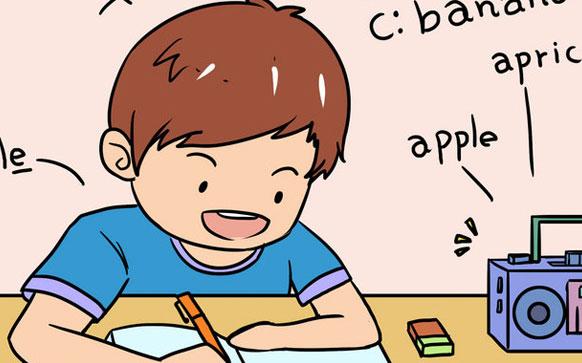The term "crown" in English is a rich and multifaceted word, with a history that spans centuries and a variety of meanings that reflect different contexts and cultural references. At its core, "crown" refers to the highest honor or title one can receive, usually symbolizing power, authority, and supremacy. However, this simple definition belies the depth and breadth of this word's usage, making it a fascinating subject for anyone interested in language and culture.

To begin with, the origin of the word "crown" can be traced back to Old English (crownon), which evolved from the proto-Germanic term kroona. This ancient root not only signifies the crown but also relates to the act of wearing or donning something on the head, such as the Germanic words for "head" (Kroenung). The concept of the crown as a symbol of authority and power dates back to ancient times, where it was often associated with gods and rulers.
In medieval Europe, monarchs and nobles wore various forms of crowns to signify their rank and authority. These included coronation crowns, which were used during royal ceremonies to symbolize the transfer of power from God to the monarch. Other types of crowns, such as miters, were worn by bishops, reflecting their spiritual authority. Today, while many countries have abandoned these traditions in favor of modern symbols of statecraft, the concept of a crown as a symbol of leadership remains prevalent.
Another significant aspect of the word "crown" is its association with victory and triumph. In many cultures, including Greek, Roman, and Viking mythology, a crown represents the pinnacle of success or the ultimate prize. For instance, in Norse mythology, Odin's crown (also known as Mjolnir) was said to possess immense power, allowing its wearer to wield great strength. Similarly, in ancient Greece and Rome, victorious generals were awarded laurel wreaths as prizes for their military success.
Beyond its historical significance, "crown" has also been adapted into numerous phrases and idioms that reflect its broader meaning. One common usage is the term "to put a冠 on someone," which means to honor or acknowledge someone's achievements or qualities. Additionally, the phrase "crown jewel" refers to something considered extremely valuable or important within a given context. This metaphorical use underscores the word's association with something precious and highly valued.
Furthermore, the word "crown" has been incorporated into various cultural expressions and artistic works. In literature, poets have used it to describe everything from the beauty of nature to the splendor of human achievement. In art and architecture, artists have portrayed crowns in countless ways, ranging from intricately detailed pieces worn by kings and queens to abstract representations that convey ideas about power and identity.
Moreover, the concept of the crown has played a crucial role in shaping political systems across the world. Many countries still incorporate elements of the crown into their national symbolism, reflecting the enduring importance of this symbol in representing authority and leadership. From Australia's golden crown to Japan's Imperial family emblems, the imagery of the crown continues to resonate with people around the globe.

In conclusion, "crown" is a richly layered word that carries multiple meanings related to authority, leadership, victory, and value. Its history spans centuries and its usage transcends language boundaries to become part of cultural expression worldwide. Whether you are an English learner curious about the nuances of vocabulary or an expert exploring language trends, understanding the etymology and evolution of this word provides insights into both language learning and cultural heritage.
文章大纲:1.皇冠的英语单词读音和基本含义:讨论"crown"的英语发音以及其基础含义。
2.皇冠的历史和文化背景:探索皇冠在历史上的意义以及它在不同文化中的体现。
3.现代用法和比喻意义:分析皇冠在当代英语中的使用,包括比喻意义和相关短语。
4.艺术和文学中的皇冠象征:举例说明皇冠在艺术作品和文学作品中是如何被描绘的。
5.政治象征中的皇冠意象:探讨皇冠作为政治象征在全球范围内的应用和影响。 推荐阅读》
未经允许不得转载:» 皇冠的英语单词怎么读(“皇冠”的英文单词读法)

 家长点评网
家长点评网











